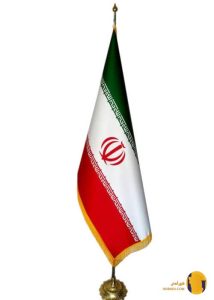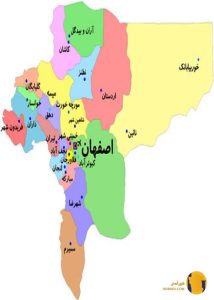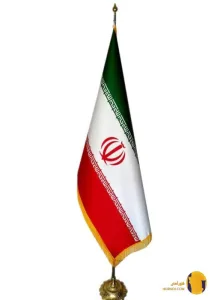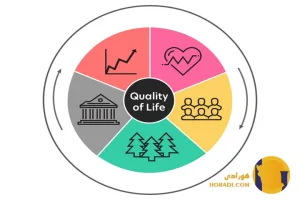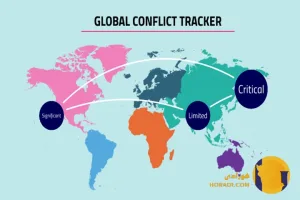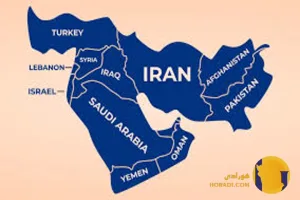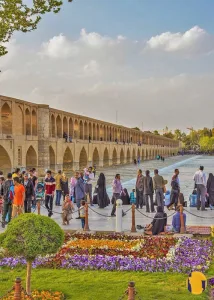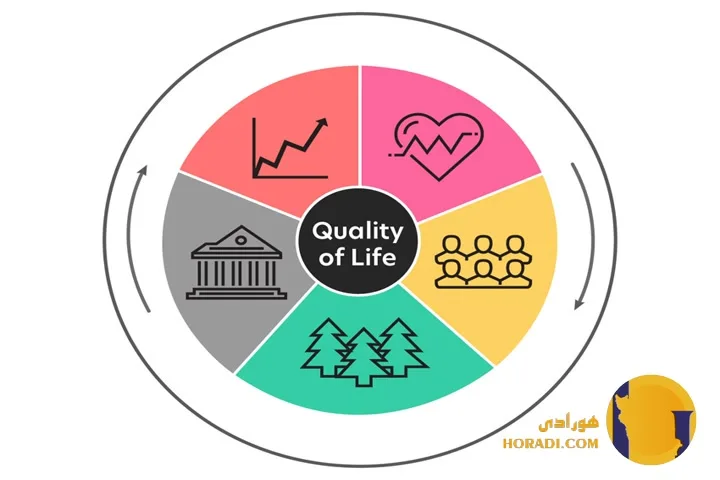
Countries with the Best Quality of Life
Quality of life in 2025 is about far more than just wealth—it reflects how safe people feel, how healthy they are, how easily they can access education, how much freedom they enjoy, and whether societies support happiness and sustainability, making some countries stand out as global leaders in offering their citizens not only stability but also meaningful, fulfilling lives in a rapidly changing world.Countries with the Best Quality of Life
Why Quality of Life Matters Today
In an era where people can choose to live, study, or work across borders, quality of life has become one of the most important measures of a country’s global appeal. Nations that provide excellent healthcare, education, personal safety, strong infrastructure, and opportunities for growth naturally attract talent, investment, and tourism.
Unlike GDP, which measures economic size, quality of life reflects how much everyday citizens benefit from that economy. In 2025, countries at the top are those balancing prosperity with well-being.
Key Factors Defining Quality of Life
Before highlighting the leading nations, it’s worth exploring the main elements that shape quality of life
- Healthcare Access to affordable, world-class medical services.
- Education Opportunities for learning, from primary to advanced research.
- Safety Low crime, political stability, and trust in institutions.
- Work-life balance Shorter working weeks, vacation time, and family policies.
- Environment Clean air, green spaces, and commitment to sustainability.
- Social support Strong welfare systems and community networks.
- Economic opportunity Equal chances to succeed without extreme inequality.
Nations that perform well in most or all of these categories tend to dominate global rankings.
Scandinavian Countries Champions of Well-Being
Scandinavia has consistently topped quality-of-life rankings, and 2025 is no exception. Countries like Norway, Denmark, Sweden, and Finland are global role models.
- Norway Known for its high wages, low unemployment, and excellent healthcare. It also benefits from natural beauty and strong environmental policies.
- Denmark Offers free education and healthcare, as well as a strong sense of community and political trust. Copenhagen continues to rank among the world’s most livable cities.
- Sweden With generous parental leave, advanced healthcare, and strong innovation, Sweden balances prosperity with equality.
- Finland Famous for topping happiness rankings, Finland combines great education with social stability and green living.
These countries show how strong welfare systems and social trust can create stable, happy societies.
Switzerland A Global Leader in Lifestyle
Switzerland remains one of the most desirable countries to live in. Its strengths include
- High-quality healthcare and advanced hospitals.
- A strong education system with top universities.
- Political neutrality and safety.
- Beautiful natural landscapes, from the Alps to lakes.
- A strong economy supported by finance, technology, and innovation.
Though the cost of living is high, the quality of life more than compensates, making Switzerland a top destination for professionals and families alike.
Canada Diversity and Opportunity
Canada is consistently ranked as one of the best countries for quality of life, and in 2025 it continues to hold its place.
- Universal healthcare ensures equal medical access.
- Canada’s multicultural society makes it welcoming to immigrants.
- Natural landscapes and green policies improve environmental quality.
- Education systems are world-class, especially in higher education.
- Safety, stability, and political freedom attract global talent.
Canada’s emphasis on inclusion and sustainability ensures it remains attractive for future generations.
New Zealand and Australia Lifestyle and Balance
In the Asia-Pacific, New Zealand and Australia stand out for their high quality of life.
- New Zealand Known for its stunning landscapes, strong social policies, and low corruption, it offers a peaceful life with a strong community spirit.
- Australia Combines vibrant cities like Sydney and Melbourne with high wages, excellent healthcare, and access to education. Its outdoor lifestyle adds to its global appeal.
Both nations strike a balance between economic growth and natural living.
Japan Tradition Meets Modern Comfort
Japan is unique in combining cutting-edge technology with deep-rooted traditions. In 2025, its quality of life is defined by
- Exceptional healthcare and longevity.
- Safe cities with some of the lowest crime rates in the world.
- Efficient infrastructure and transportation.
- Strong education, with a focus on discipline and excellence.
- A rich cultural life that blends the old and new.
Despite challenges like an aging population, Japan continues to offer one of the most secure and organized societies on Earth.
Germany Europe’s Economic Power with Social Benefits
Germany combines its status as Europe’s largest economy with strong social protections. Its strengths include
- Universal healthcare accessible to all citizens.
- Free higher education, even for international students.
- A robust welfare system and strong labor rights.
- Cultural richness and vibrant cities like Berlin and Munich.
- Environmental leadership in renewable energy.
Germany shows how an advanced industrial economy can still focus on citizen well-being.
Emerging Leaders in Quality of Life
Some countries are rapidly climbing the rankings in 2025
- Portugal Lower cost of living, great healthcare, and a relaxed lifestyle attract retirees and digital nomads.
- Costa Rica Famous for happiness and sustainability, with no standing army and a focus on education and healthcare.
- Singapore Small but efficient, with world-class infrastructure, safety, and healthcare.
- United Arab Emirates Rising in rankings due to investment in innovation, healthcare, and expat-friendly policies.
These emerging leaders show how diverse paths can lead to improved living standards.
The Future of Global Quality of Life
Looking ahead, quality of life will depend on how nations handle new challenges
- Climate change Air quality, rising seas, and extreme weather will test cities.
- Technology AI and automation could reshape work-life balance and opportunity.
- Health Advances in biotechnology may extend life expectancy.
- Social cohesion How countries handle migration and inequality will shape stability.
Nations that adapt to these shifts while maintaining strong values of equality, safety, and opportunity will define the future of global living standards.




